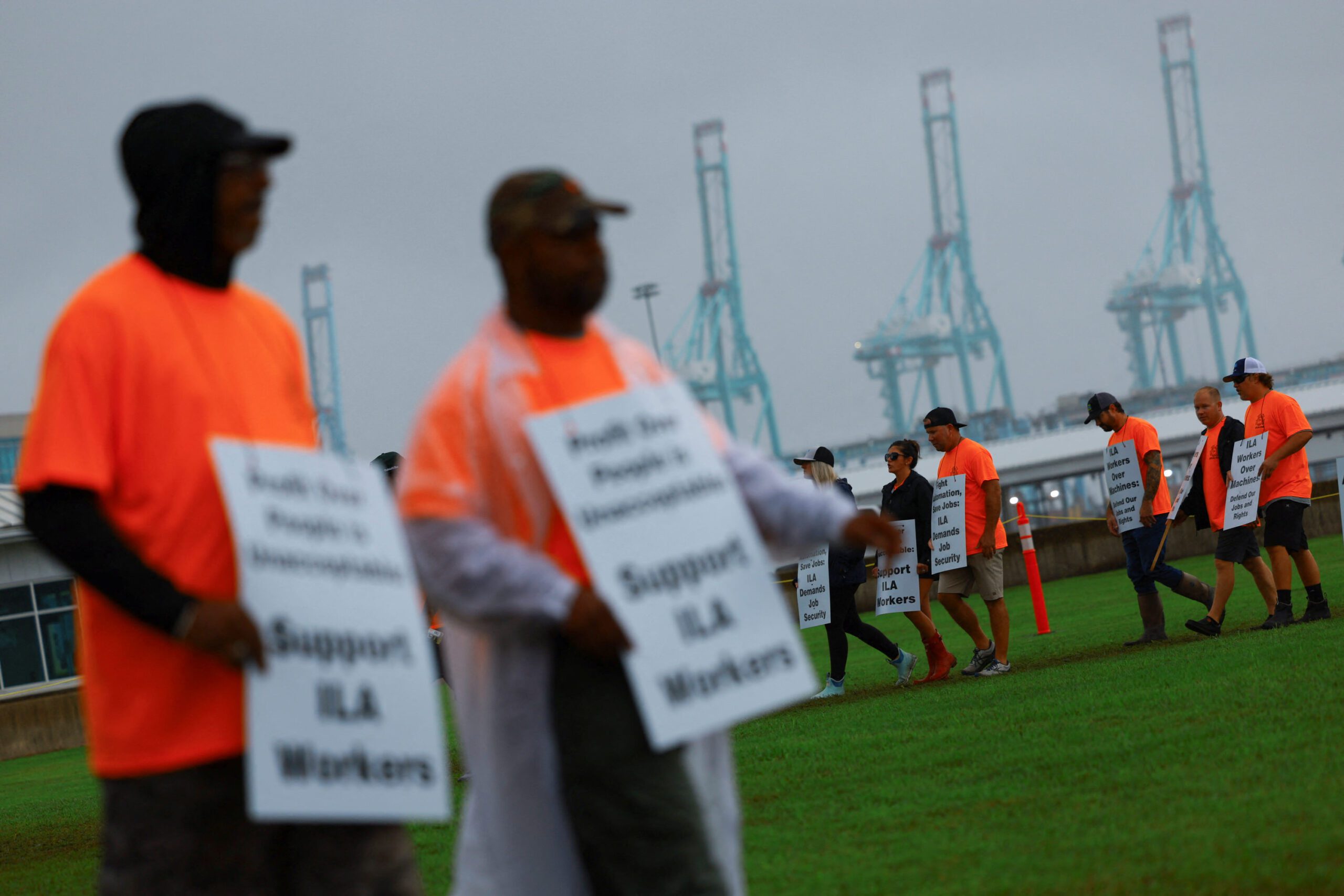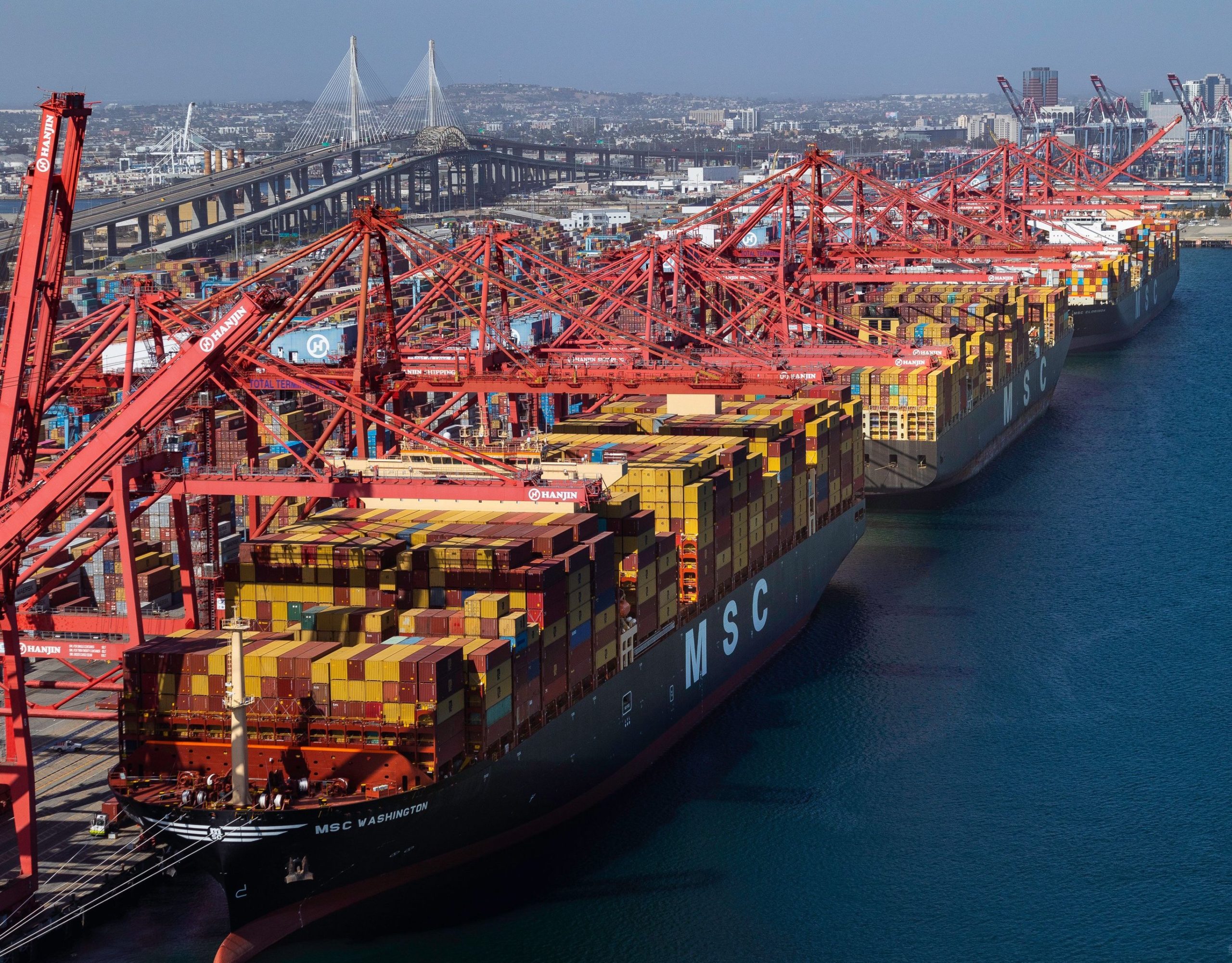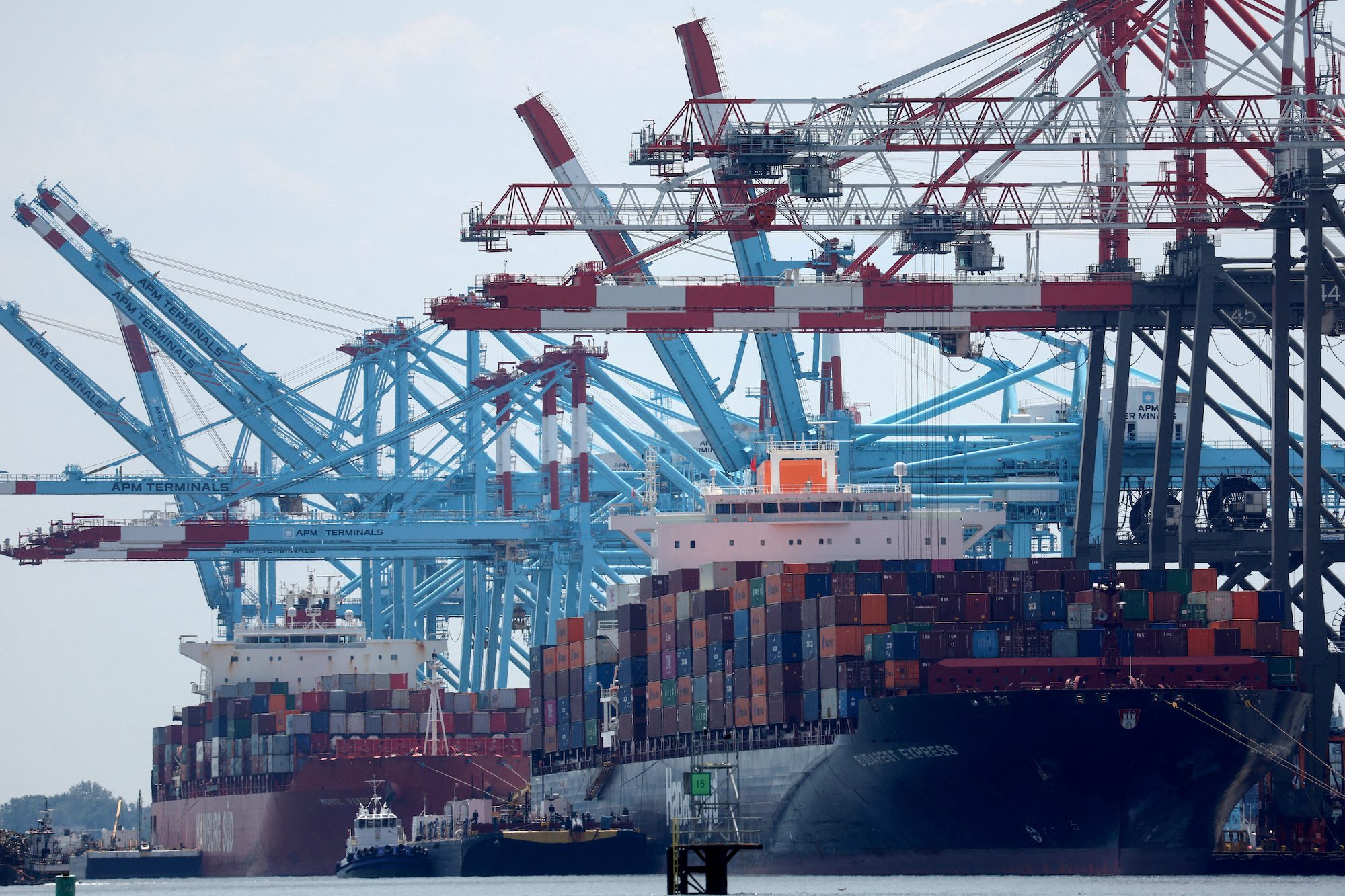The International Longshoremen’s Association (ILA) has halted talks with the United States Maritime Alliance (USMX) over disputes about port automation, raising the possibility of renewed strikes at U.S. East and Gulf Coast ports in January.
According to the ILA, the breakdown in negotiations occurred when USMX proposed the introduction of semi-automated equipment at ILA ports, a move vehemently opposed by the union. The ILA views this proposal as a direct threat to job security, with union representatives stating, “The ILA’s resolve remains strong not to surrender any ILA jobs.”
USMX pushed back against ILA’s claim that unresolved technology demands would lead to job losses.
“While we had positive progress on a number of issues, we were unable to make significant progress on our discussions that focused on a range of technology issues. Unfortunately, the ILA is insisting on an agreement that would move our industry backward by restricting future use of technology that has existed in some of our ports for nearly two decades making it impossible to evolve to meet the nation’s future supply chain demands,” the USMX said.
This impasse follows a tentative agreement reached in early October, which ended a three-day strike across Atlantic and Gulf Coast ports. That agreement, which included a substantial wage increase of approximately 62% for workers, extended the Master Contract until January 15, 2025. However, the current disagreement over automation threatens to unravel this progress.
The ILA’s stance against automation is rooted in concerns about job preservation. Union officials argue that USMX’s push for automation exposes “their ultimate goal of wanting to eliminate as many ILA jobs as possible, and replace our ILA longshore workers with robotic equipment.”
“The USMX has been clear that we are not seeking technology that would eliminate jobs,” the USMX said in its response. “What we need is continued modernization that is essential to improve worker safety, increase efficiency in a way that protects and grows jobs, keeps supply chains strong, and increases capacity that will financially benefit American businesses and workers alike.”
The situation is further complicated by the looming January 15 strike deadline, which coincides with an expected surge in imports ahead of the incoming Trump Administration and planned tariffs, as well as the Lunar New Year. This timing could potentially lead to increased shipping rates and significant disruptions in the supply chain.
Adding to the tension, President Biden has indicated that he will not invoke the Taft-Hartley Act to force dockworkers back to work in the event of a strike, leaving any resolution squarely in the hands of the negotiating parties.
As the situation unfolds, both sides appear to be at an impasse. The ILA remains hopeful that USMX will reconsider its position and resume negotiations. However, with automation being a key point of contention, finding common ground may prove challenging.
The maritime industry and global trade partners will be closely watching these developments, as any prolonged disruption at major U.S. ports could have far-reaching consequences for international commerce and supply chains.
Editorial Standards · Corrections · About gCaptain

 Join The Club
Join The Club











